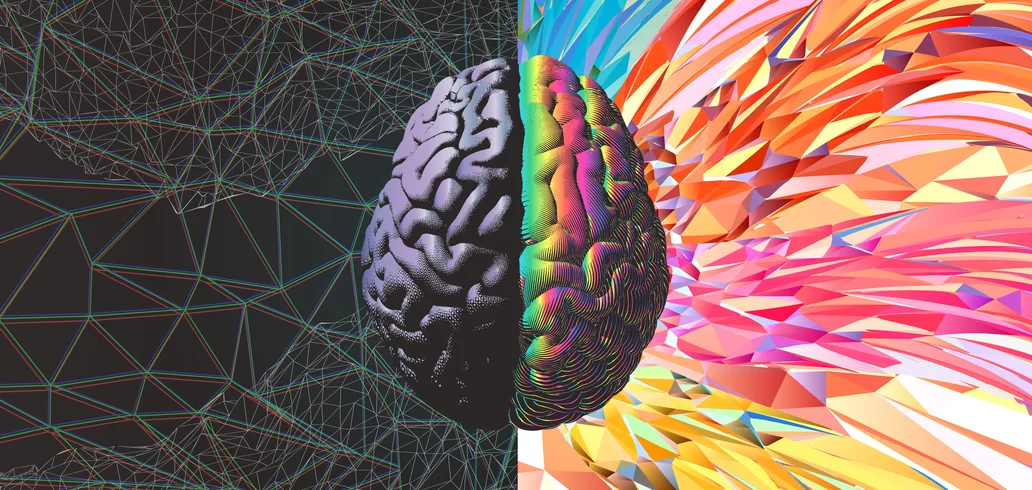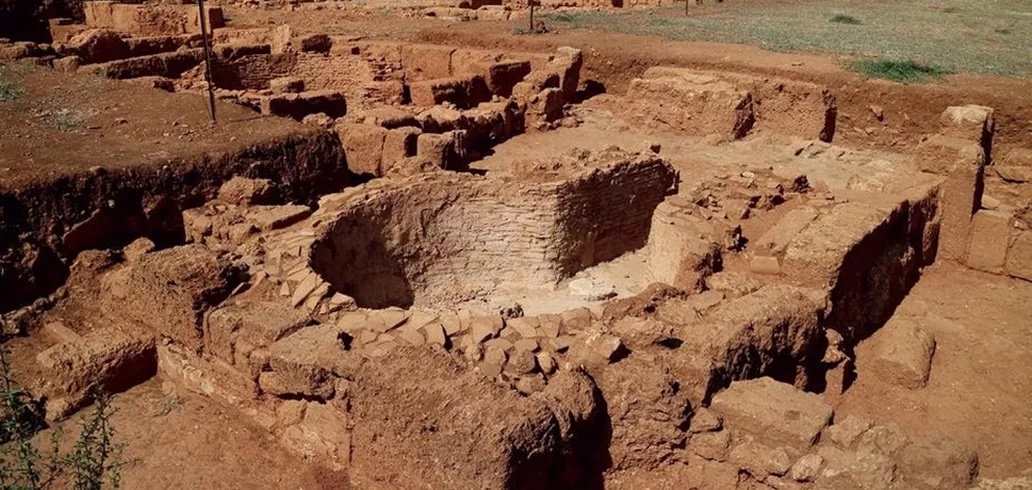News
The Taj Mahal Palace attack and what it revealed to the world about its employees
Advertisement
What this event revealed to the world about the staff at the Taj Mahal Palace was the extraordinary courage, compassion and dedication of many of them. During the attack, many staff risked their own lives to protect guests. They helped evacuate guests to safe areas, provided first aid and even sacrificed their own lives to save others.
Some staff members have been praised for their bravery and heroism during and after the attacks. Their actions demonstrated incredible resilience and a deep sense of duty to guests and colleagues. The world witnessed stories of sacrifice and solidarity that highlighted humanity and courage in the face of adversity.
The attack on the Taj Mahal Palace was a grim reminder of the threat of terrorism, but it also highlighted the strength and resilience of ordinary people in the face of dire circumstances.
The first shots
The first shots fired during the attack on the Taj Mahal Palace occurred on the night of November 26, 2008, when a group of terrorists stormed the hotel and began shooting indiscriminately at staff and guests. The gunmen opened fire in several areas of the hotel, including the restaurants, the lobbies, and the hallways.
These initial shots unleashed chaos and terror inside the Taj Mahal Palace, with guests and staff running for cover and taking cover. The attack was part of a coordinated series of terrorist attacks in Mumbai that also targeted other major locations in the city, including the Chhatrapati Shivaji Terminus railway station and the Nariman House Jewish centre.
The terrorists were armed with assault rifles and grenades, causing devastation and panic as they advanced on the hotel. The attack lasted for several days, with Indian security forces facing a protracted battle to neutralize the terrorists and rescue the hostages.
The first shots fired at the Taj Mahal Palace marked the beginning of one of the darkest moments in India's recent history and left an indelible mark on the memories of those who witnessed or were affected by the horrific event.
The Taj on fire
During the horrific terrorist attacks in Mumbai in November 2008, the Taj Mahal Palace was hit by grenades and gunfire, resulting in fires that consumed parts of the building. The flames spread quickly, fueled by the chaos and violence that engulfed the hotel that night.
The scenes of the Taj Mahal Palace in flames shocked the world, conveying the scale of the tragedy and the extent of the damage caused by the terrorists. The images of the hotel's iconic facade engulfed in flames became a visual symbol of the Mumbai terror attacks.
The fires added a layer of horror to an already dire situation, endangering even more lives and hampering relief and rescue efforts. Firefighters and emergency crews worked tirelessly to control the flames and save as many people trapped inside the hotel as possible.
Despite the destruction caused by the fires, the determination and courage of first responders, along with the resilience of Taj Mahal Palace staff and guests, were evident amid the tragedy. The hotel eventually recovered from the physical damage, but the emotional scars and impact of the attacks continued to resonate long after the flames were extinguished.
Customer devotion
The customer service displayed by Taj Mahal Palace staff during the November 2008 Mumbai terrorist attacks was remarkable and deeply moving. Despite the imminent danger and extremely challenging circumstances, many hotel staff risked their own lives to protect and save guests.
These acts of courage and sacrifice highlighted the true essence of customer devotion. Amidst the chaos and violence, the staff at Taj Mahal Palace placed the needs and safety of guests above all else, demonstrating an unwavering commitment to service and care.
They helped evacuate guests to safe areas, provided first aid to the injured, and even offered shelter and protection, often putting their own lives on the line to ensure the safety of others. Their actions exemplified a deep sense of responsibility and empathy, transcending normal customer service expectations.
The sacrifice and dedication of Taj Mahal Palace employees during the attacks highlighted the fundamental importance of customer service, even in the most extreme circumstances. Their inspiring stories serve as a powerful reminder of the value of genuine service and compassion in the face of adversity.
The policy
It is interesting to note that in times of crisis such as the attack on the Taj Mahal Palace, politics often takes a back seat to the immediate needs of protection, security and relief for the victims. However, in the aftermath of the event, politics certainly played an important role in investigating the causes of the attack, holding the perpetrators accountable and implementing measures to prevent future attacks.
The Indian government faced significant challenges in managing the crisis and responding to the Mumbai terrorist attacks. There has been criticism of the authorities’ handling of the situation and their ability to prevent and respond to similar events in the future.
Furthermore, the attack on the Taj Mahal Palace and other sites in Mumbai has raised broader questions about national security, international cooperation in combating terrorism, and the need for more robust preventive measures to protect vulnerable locations.
Politics also played a role in the international response to the attack, with leaders around the world expressing solidarity with India and offering support in investigating and combating terrorism.
Overall, the attack on the Taj Mahal Palace had significant political implications, highlighting the need for global cooperation and the importance of effective national security and counter-terrorism policies to prevent future attacks.
You may also like

Apps to get discounts on fuel
For almost everything lately we use our car or motorcycle, so these apps to get discounts on fuel are definitely a good idea.
Keep Reading



